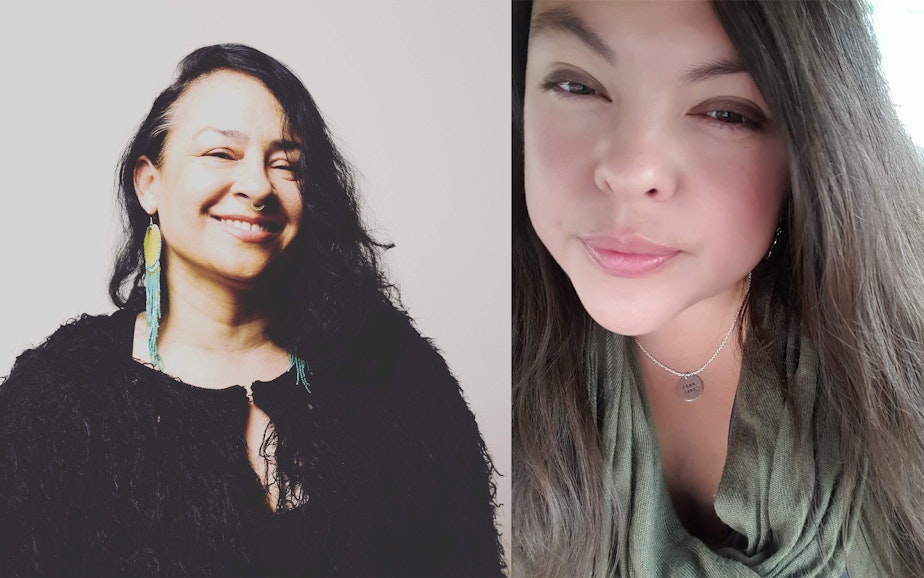Embracing complexity and compassion in the wake of #metoo

Can you predict the social media cycle of #metoo? First, the allegations. Then the apology, lackluster or seemingly heartfelt. Then the backlash: shows canceled, jobs lost, formerly prominent men stricken from the public domain. It's happened in film, in television, in comedy. And now it's happening to author Sherman Alexie.
Alexie stands accused of sexual misconduct by three women on the record. Many more have spoken to reporters, but declined to be named. But the conversation beginning around Alexie in the world of Native arts and letters looks different from the standard template.
Because he was the most prominent representative of a community that's often ignored by the gatekeepers of publishing and film, thorny issues of indigenous representation in the public eye are coming to the forefront. "Something a lot of us are grappling with is how we find balance," says Longhouse Media executive director Tracy Rector.
Rector was joined in the studio by Sara Marie Ortiz, writer and Native Education/Title VI Program Manager at Highline School District. "We needed him to rise," Ortiz says of Alexie. "And now we kind of need him to fall."
Both arts advocates say that the broader world could learn a thing or two from the Native approach to these sorts of allegations. Rather than throwing the men away: maybe both they and we could benefit from the messy, necessary work of community healing.
For more from Native writers on representation and masculinity:
Tracy Rector for Crosscut: Her + her + her: Female Native authors for your reading list
Deborah Miranda for Bad Ndns: Inmate #A-93223: In the San Quentin of My Mind
Mary Annette Pember for Rewire: Sherman Alexie and the Longest Running #MeToo Movement in History
Robert Alexander Innes and Kim Anderson (book): Indigenous Men and Masculinities: Legacies, Identities, Regeneration
